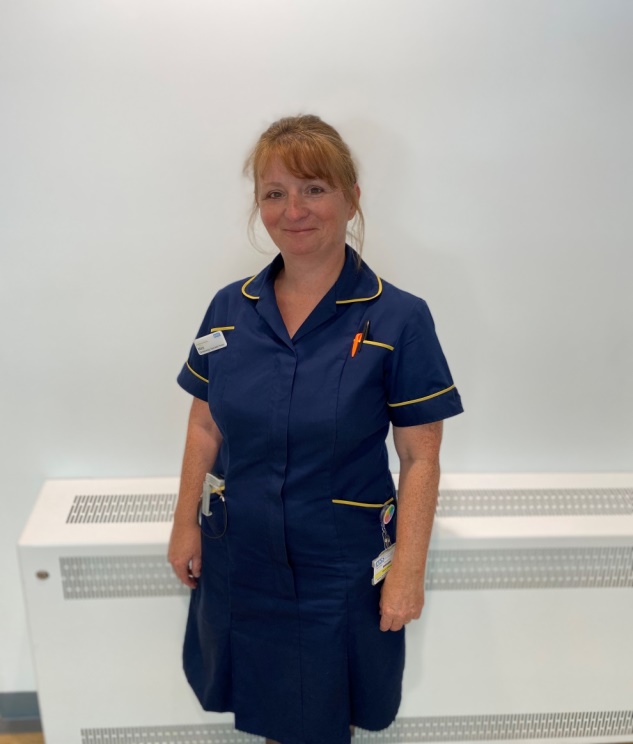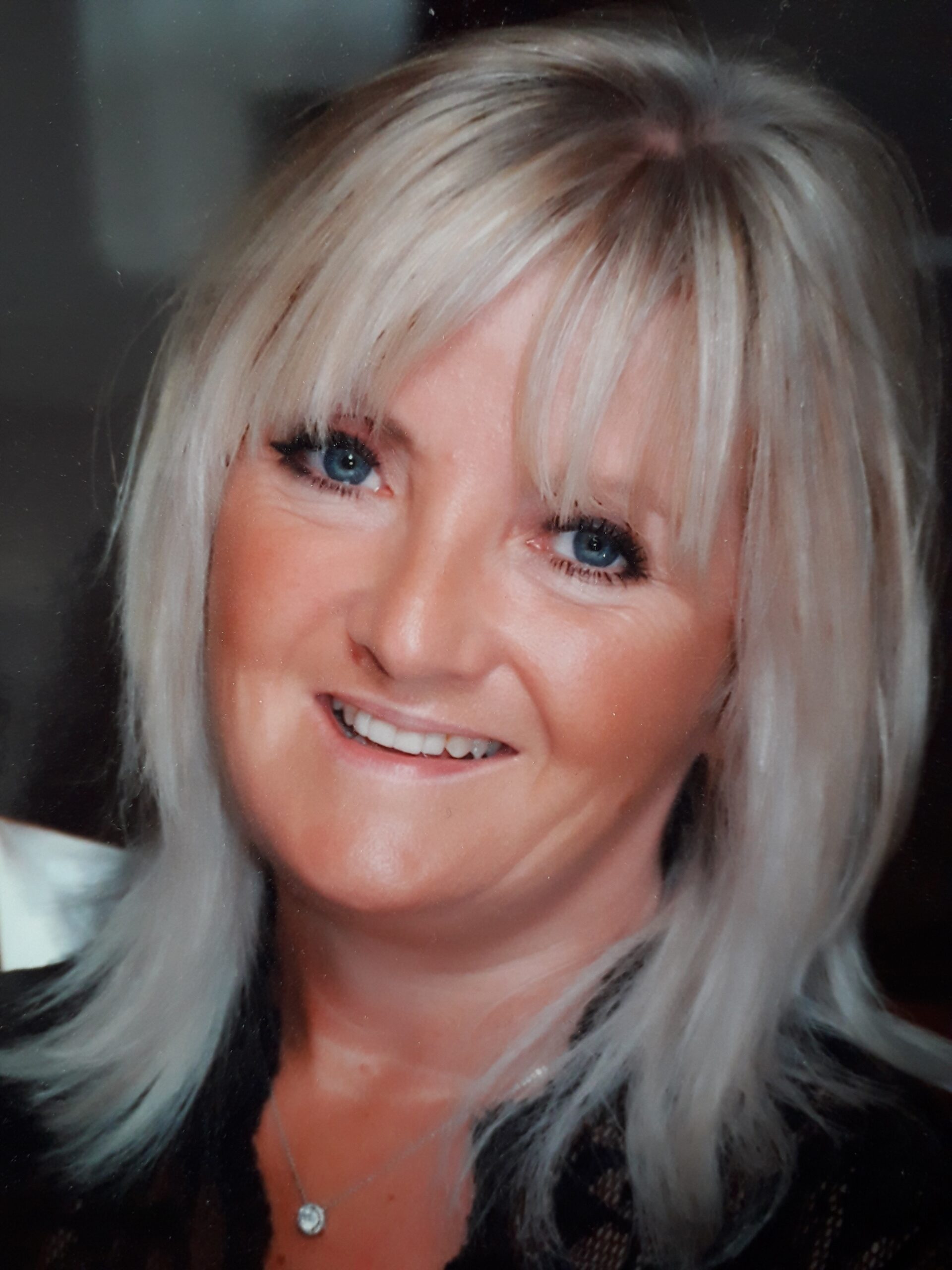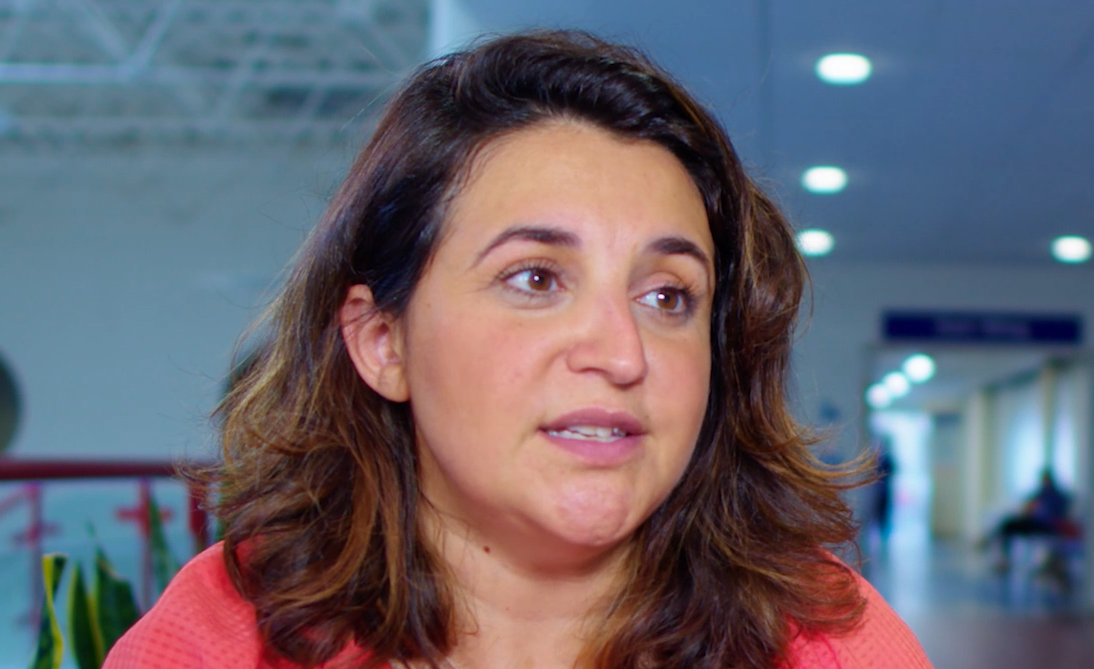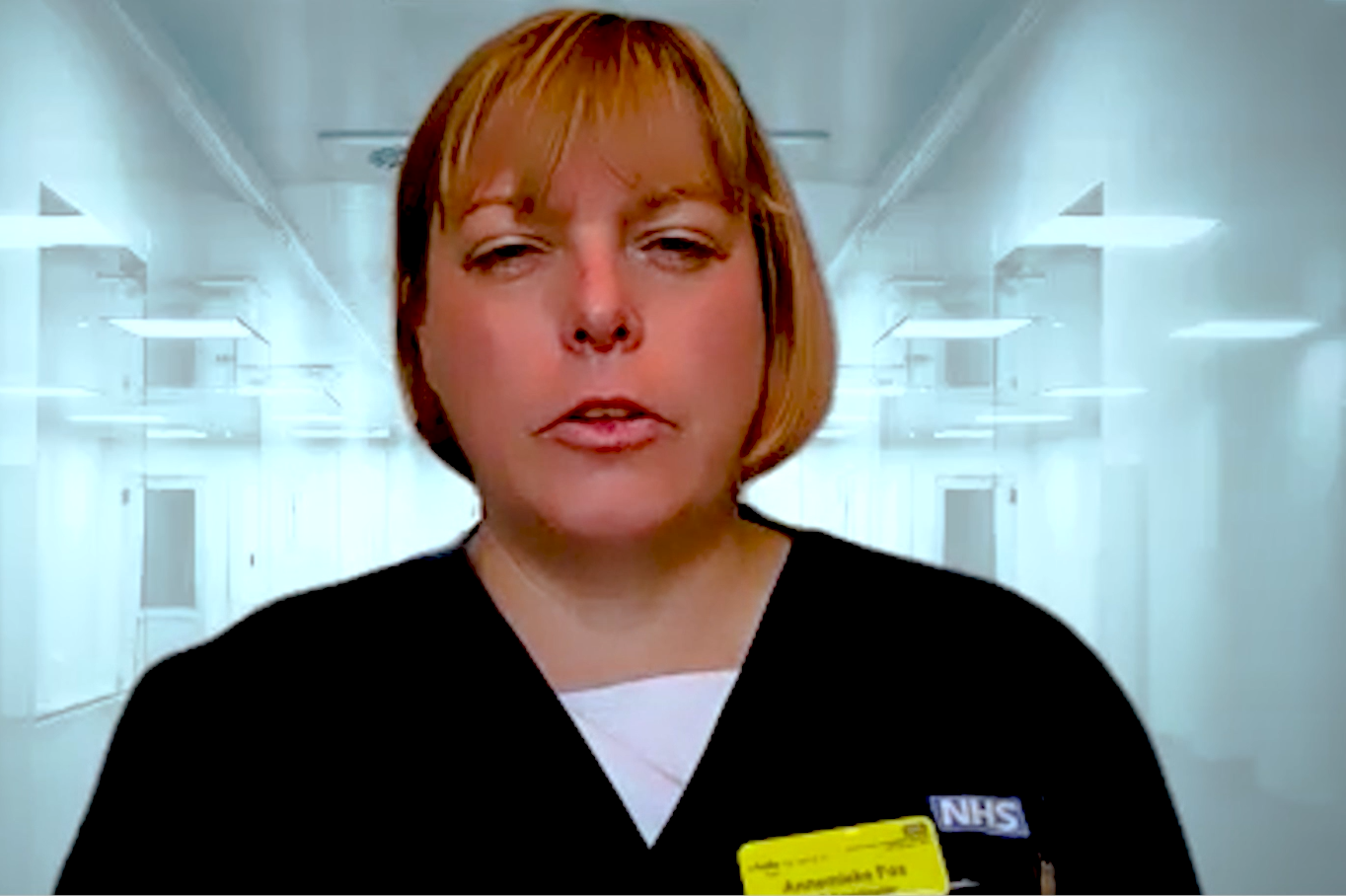Lead Gynaecology Cancer Nurse Specialist Mary Brinsdon has become a keen user of the Dorset Care Record in recent months, using the shared care record nearly 500 times during May.
Mary, who has been a gynaecology and oncology clinical nurse specialist at University Hospitals Dorset for the past eight and a half years, found out about the shared care record from colleagues. Continue reading “Patient allergy and medical history information useful for University Hospitals Dorset cancer nurse specialist”












